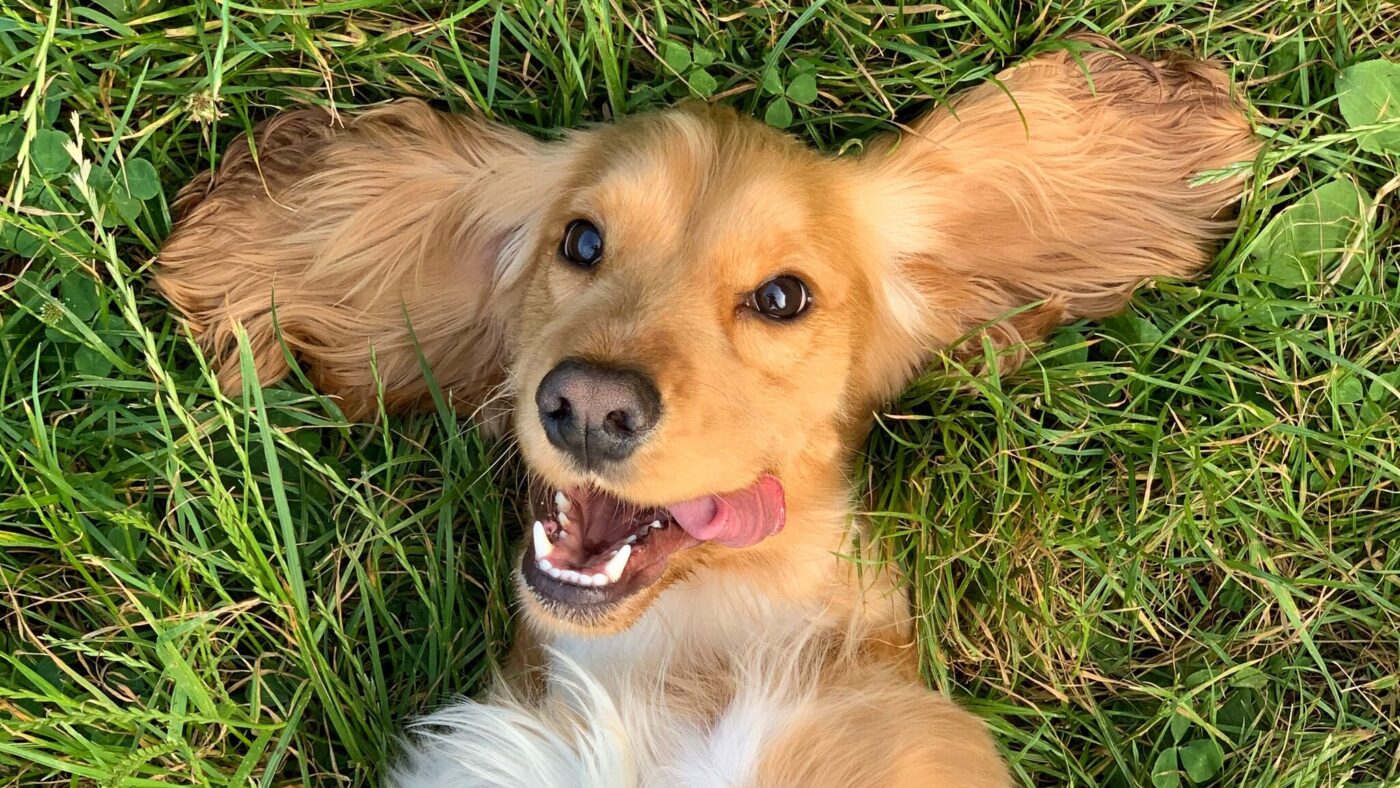 Shutterstock
Shutterstock
Dogs are known for their curious nature, and they often show interest in the foods we eat. While it’s tempting to share treats with them, it’s crucial to understand that many human foods are harmful, even toxic, to dogs. What may seem like a harmless snack to us can lead to serious health issues in dogs, from digestive problems to life-threatening conditions. By knowing which foods to avoid, you can protect your dog’s health and ensure they have a safe, balanced diet.
Chocolate
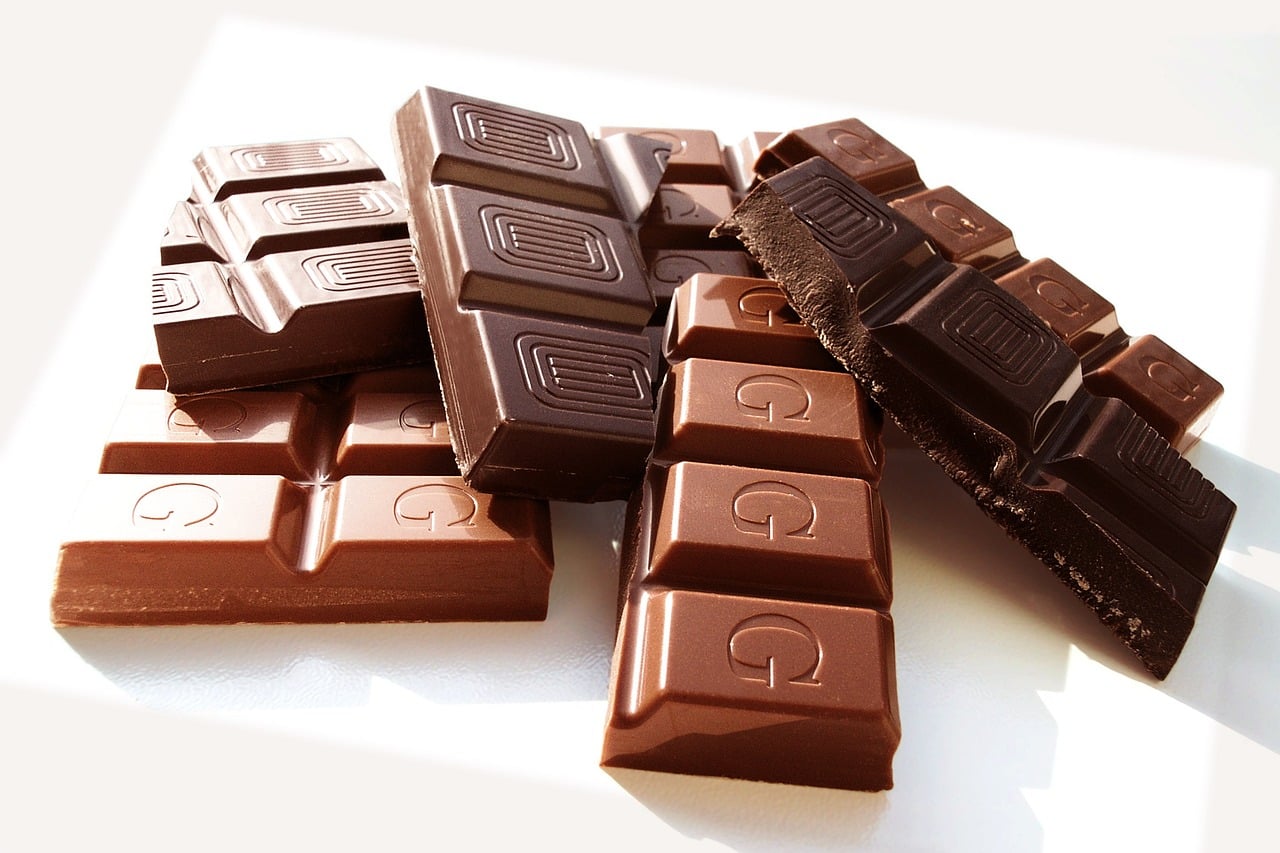 Shutterstock
Shutterstock
One of the most well-known toxic foods for dogs is chocolate. It contains theobromine and caffeine, both stimulants that dogs cannot metabolize efficiently. Even small amounts of chocolate can cause symptoms such as vomiting, diarrhea, and rapid heart rate. In severe cases, it can lead to seizures and death. The darker the chocolate, the more dangerous it is due to higher levels of theobromine. It’s essential to keep all forms of chocolate, including baked goods and cocoa powder, out of your dog’s reach.
Grapes and Raisins
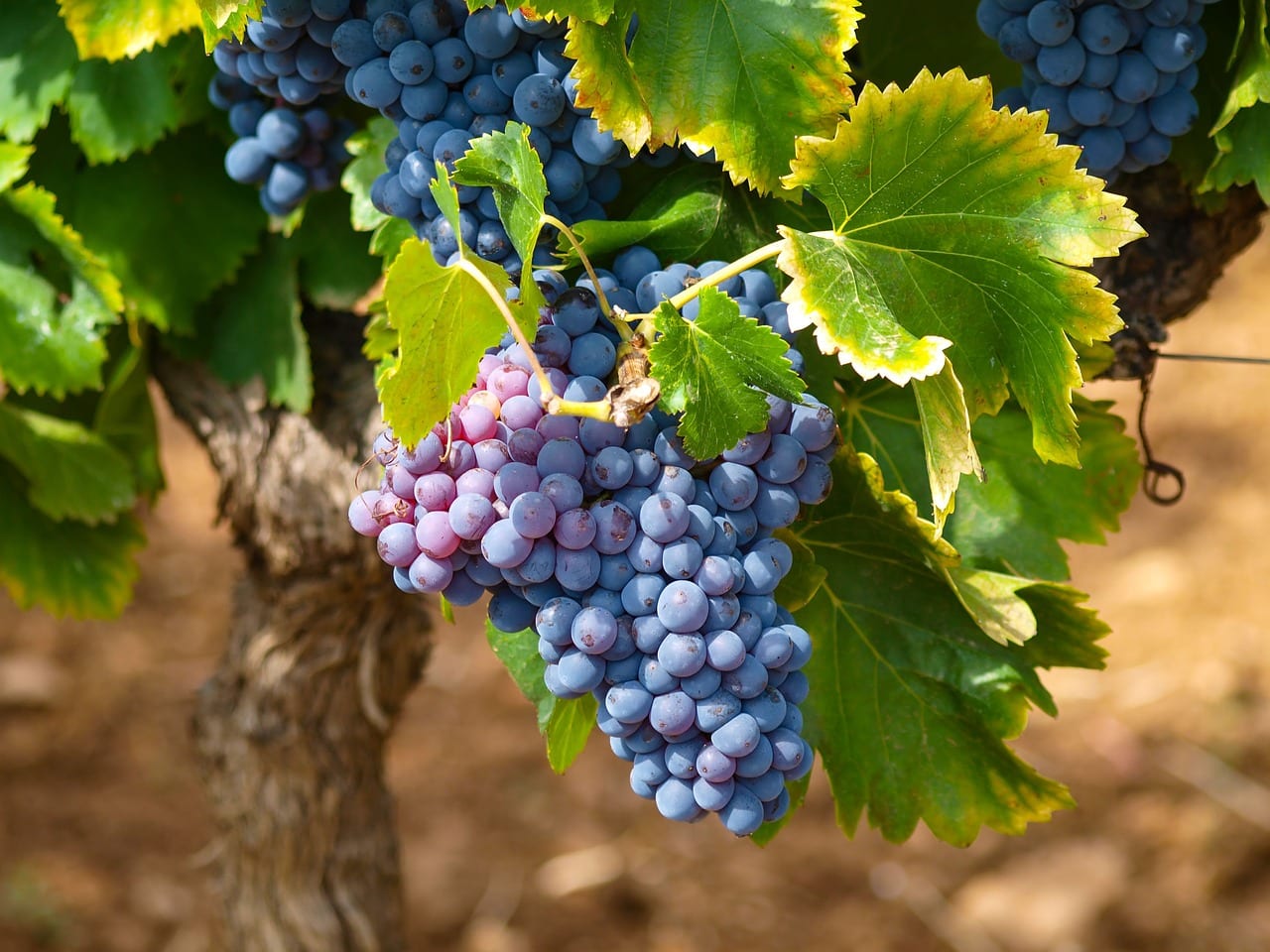 Shutterstock
Shutterstock
Grapes and raisins are surprisingly toxic to dogs and can cause kidney failure, even in small amounts. The exact substance in grapes that causes toxicity is unknown, but ingestion can lead to vomiting, lethargy, and eventual kidney damage. Some dogs may be more sensitive than others, but it’s best to avoid giving grapes or raisins altogether to prevent any risk. Even foods that contain small amounts of these fruits, like cookies or trail mixes, should be kept away from your pet.
Onions and Garlic
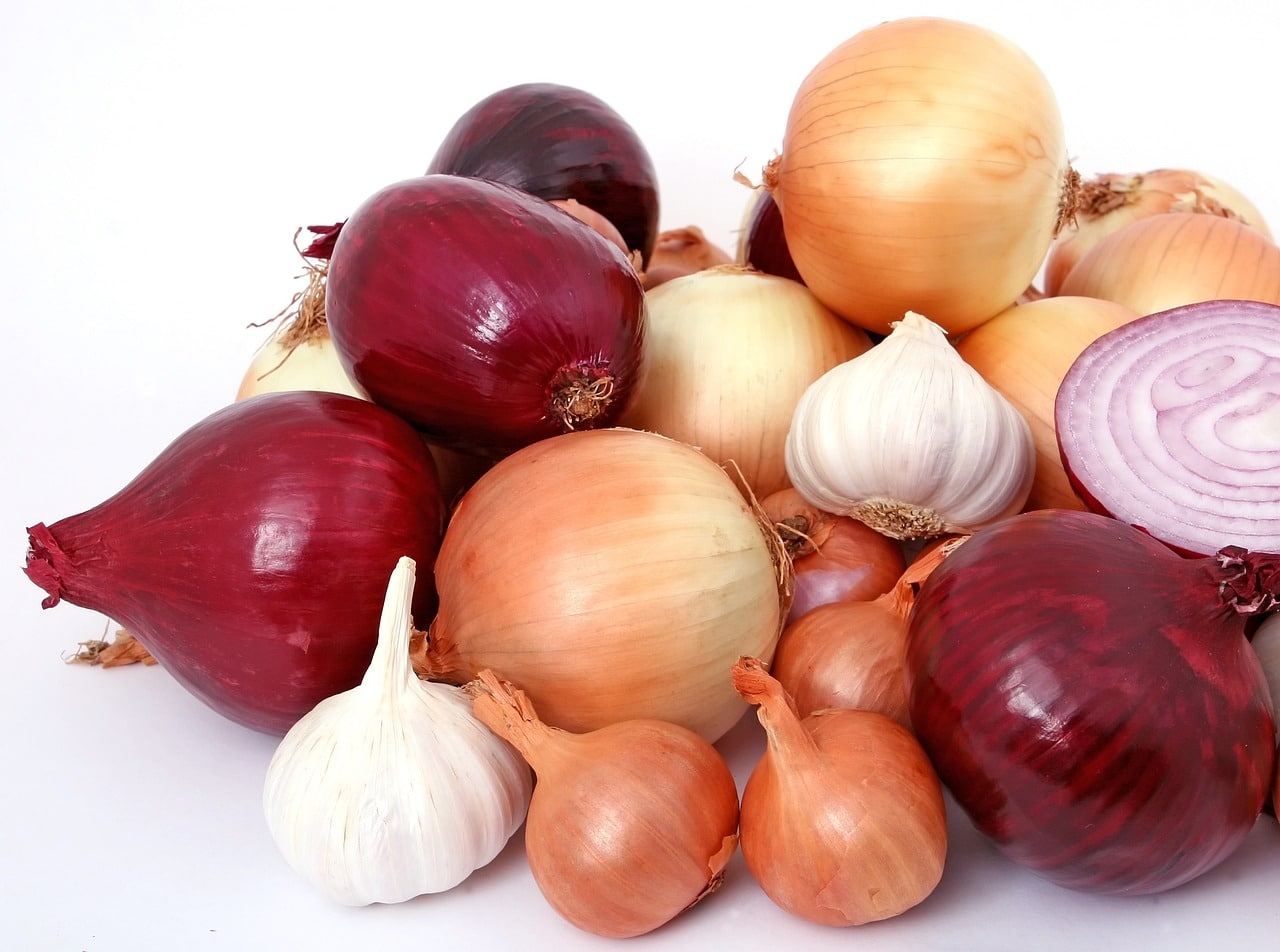 Shutterstock
Shutterstock
Onions, garlic, and other members of the allium family are harmful to dogs because they can damage red blood cells, leading to anemia. Whether raw, cooked, or powdered, these ingredients should never be given to dogs. Symptoms of toxicity include weakness, vomiting, and difficulty breathing, which can escalate into more severe health issues. Since onion and garlic are common in many human foods, it’s important to be cautious when offering table scraps or leftovers to your dog.
Macadamia Nuts
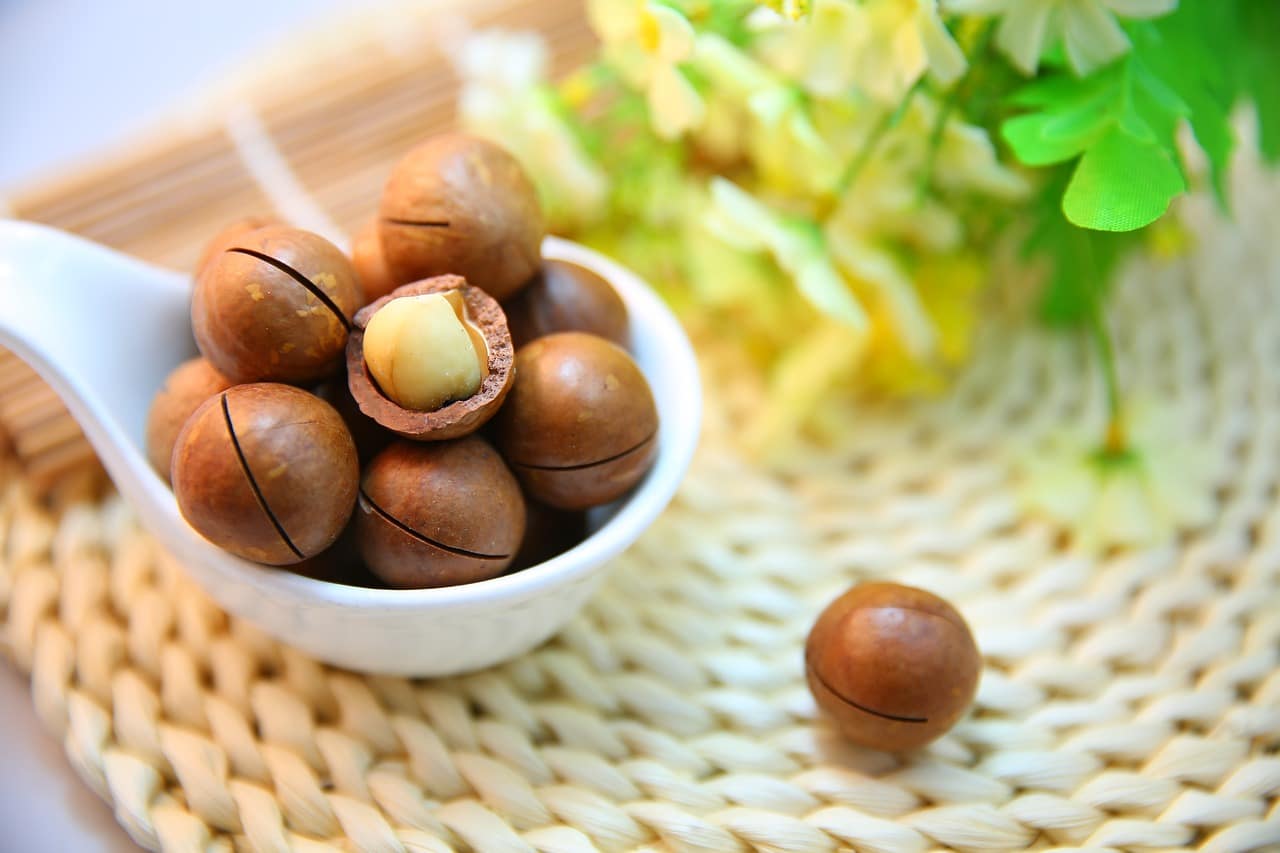 Shutterstock
Shutterstock
Macadamia nuts are highly toxic to dogs and can cause a range of symptoms, including weakness, vomiting, tremors, and hyperthermia. The exact cause of this toxicity is unknown, but even a small amount of macadamia nuts can lead to serious health problems. Dogs may exhibit difficulty walking, and in severe cases, ingestion can lead to paralysis. It’s important to avoid giving your dog any foods that contain these nuts, such as cookies or snacks.
Xylitol
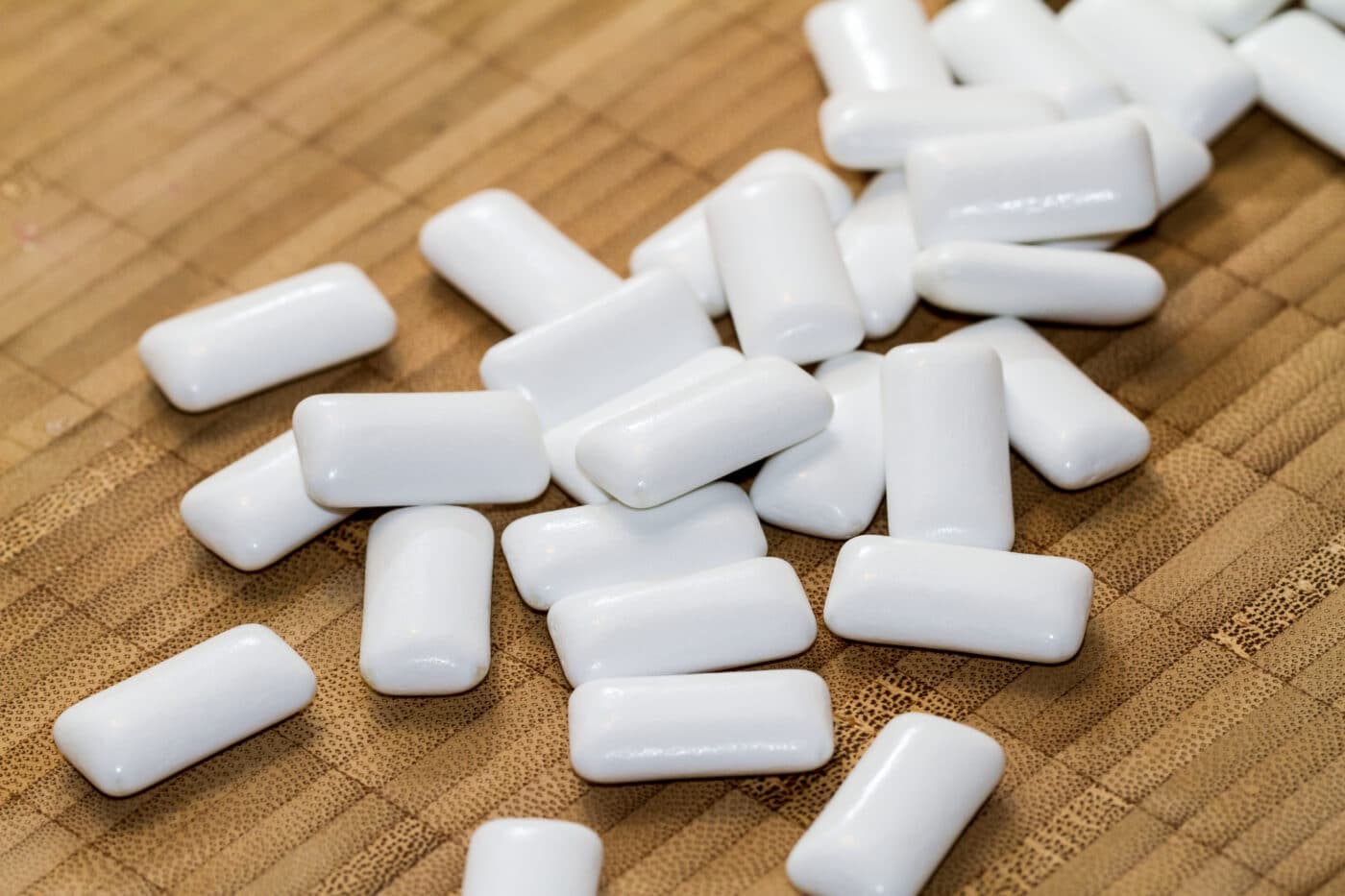 Shutterstock
Shutterstock
Xylitol is an artificial sweetener in many sugar-free products, including gum, candy, and baked goods. While it’s safe for humans, xylitol is extremely dangerous for dogs as it causes a rapid release of insulin, leading to hypoglycemia (low blood sugar). This can result in symptoms like vomiting, loss of coordination, and seizures. In more severe cases, xylitol ingestion can cause liver failure and death. It’s crucial to check the ingredients of any food you give your dog and ensure it doesn’t contain this harmful sweetener.
Alcohol
 Shutterstock
Shutterstock
Alcohol can have severe effects on dogs, much like it does on humans, but in much smaller doses. Even small amounts of beer, wine, or liquor can lead to alcohol poisoning in dogs, causing vomiting, disorientation, difficulty breathing, and even coma. Dogs are much more sensitive to alcohol, and their smaller body size means they can suffer from alcohol toxicity more quickly. Always keep alcoholic beverages and products that contain alcohol far away from your pets.
Caffeine
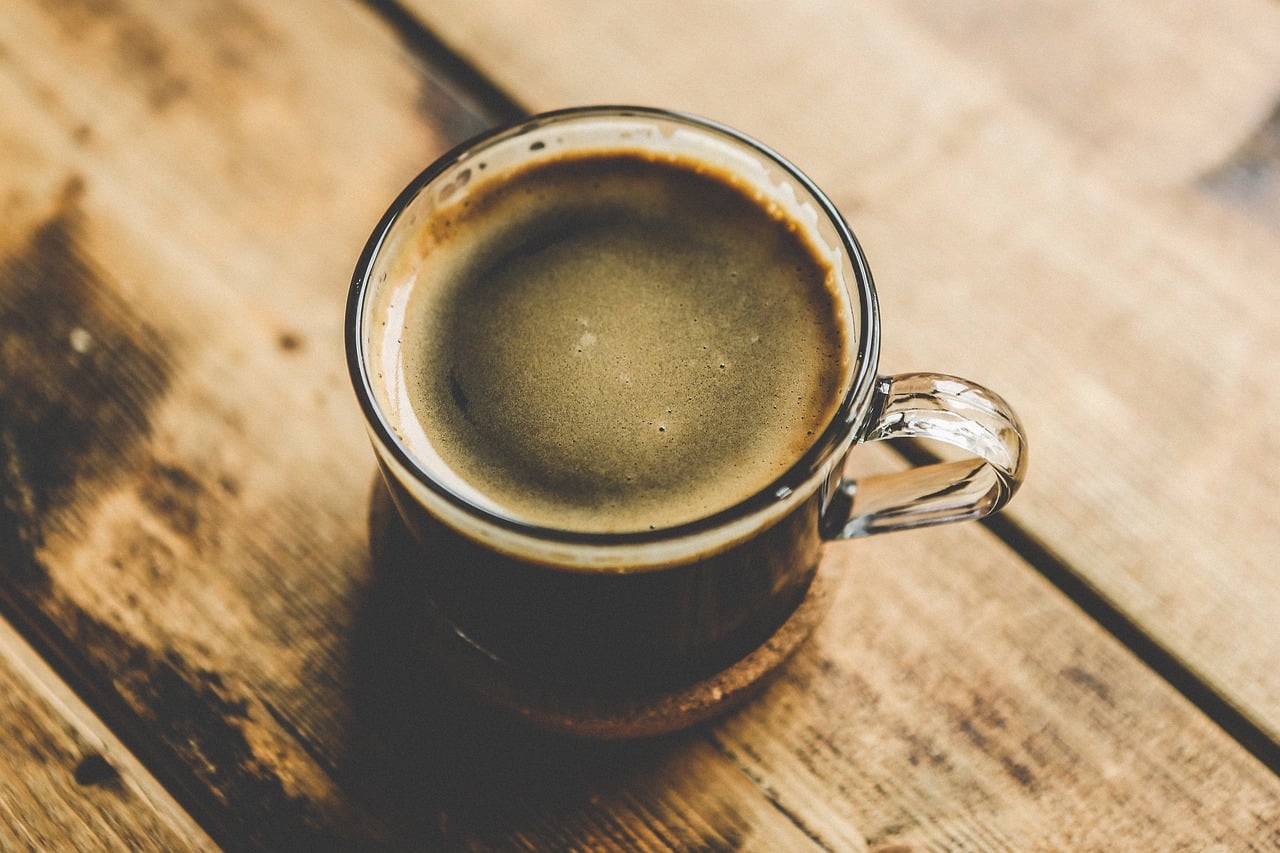 Shutterstock
Shutterstock
Caffeine is found in many common foods and drinks, such as coffee, tea, soda, and some medications. While people consume caffeine for its stimulating effects, it can be dangerous for dogs. Caffeine affects the central nervous system and can cause hyperactivity, increased heart rate, restlessness, and seizures in dogs. In high enough doses, it can be fatal. Keep all caffeinated products, including energy drinks and chocolate, out of your dog’s reach.
Avocado
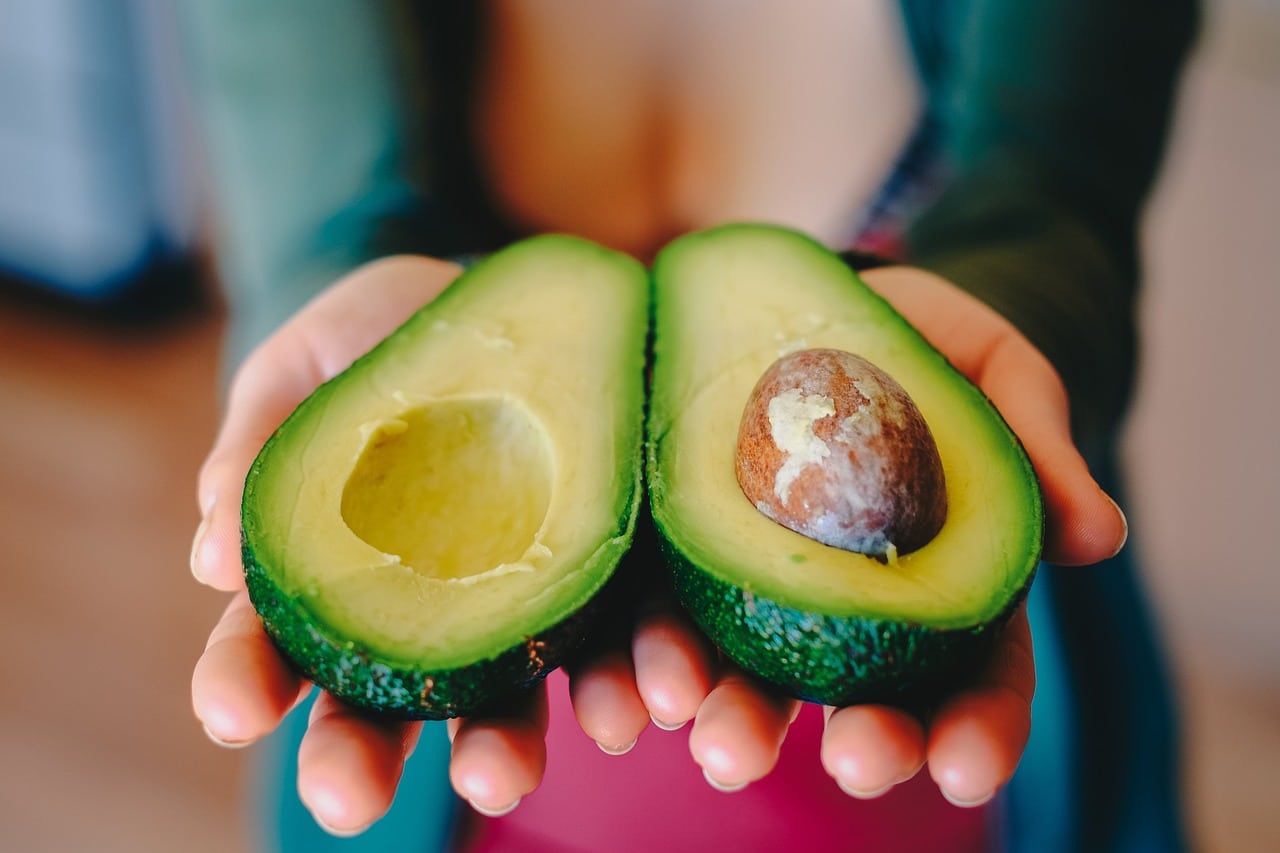 Shutterstock
Shutterstock
Avocados contain persin, which can harm dogs in large quantities. While the fleshy part of the avocado is generally safe in small amounts, the pit, skin, and leaves contain higher concentrations of persin and should be avoided. Ingesting these parts of the avocado can lead to vomiting, diarrhea, and heart problems in dogs. Additionally, the avocado pit poses a choking hazard and could cause an intestinal blockage if swallowed.
Cooked Bones
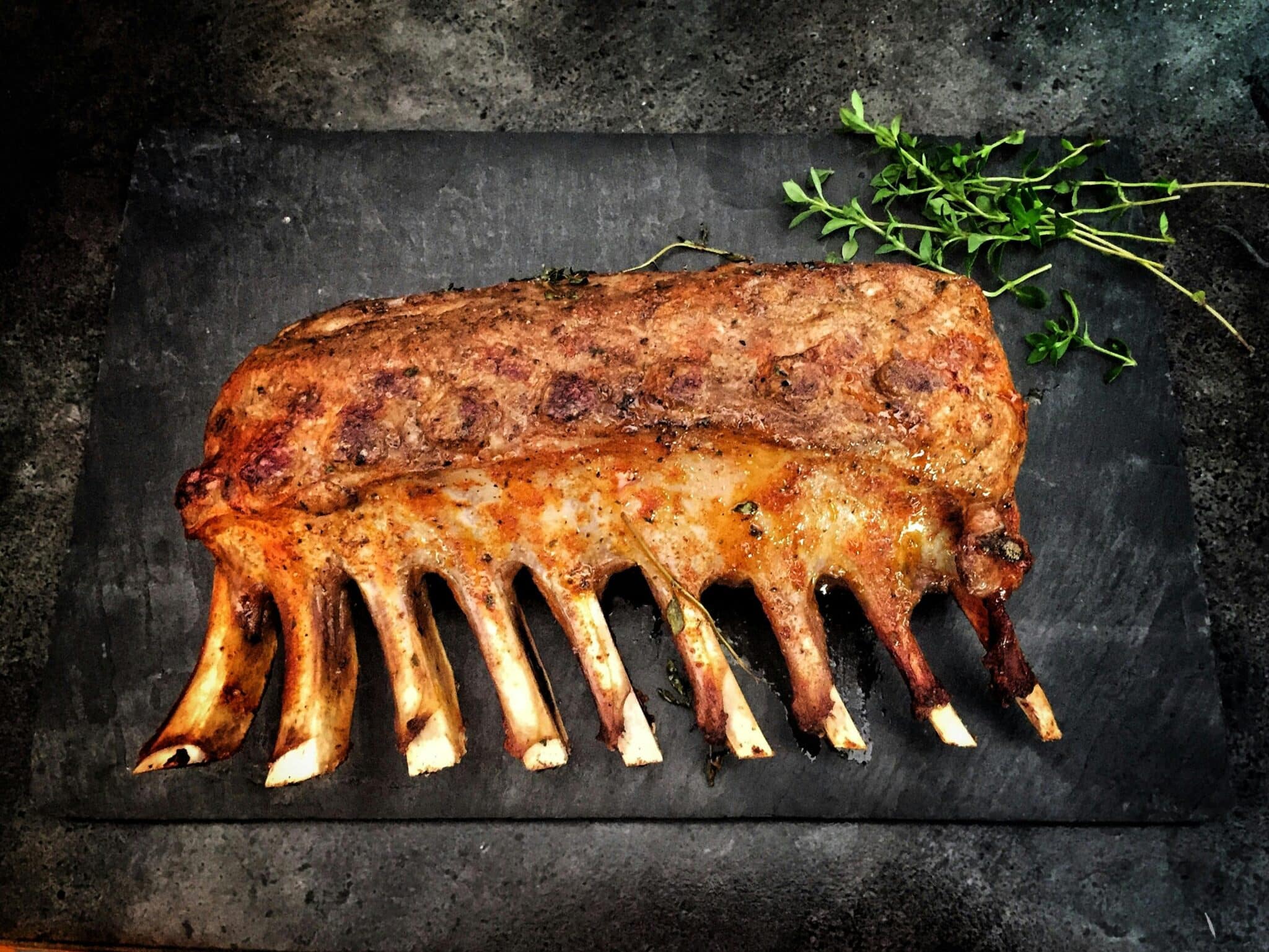 Shutterstock
Shutterstock
While giving your dog a bone to chew on may seem natural, cooked bones can be dangerous. When cooked, bones become brittle and can splinter easily, leading to choking hazards or sharp fragments that can damage a dog’s mouth, throat, or digestive tract. Raw bones, under proper supervision, are a safer alternative, but cooked bones should always be avoided. If you want to treat your dog with a bone, choose raw bones specifically designed for pets.
Dairy Products
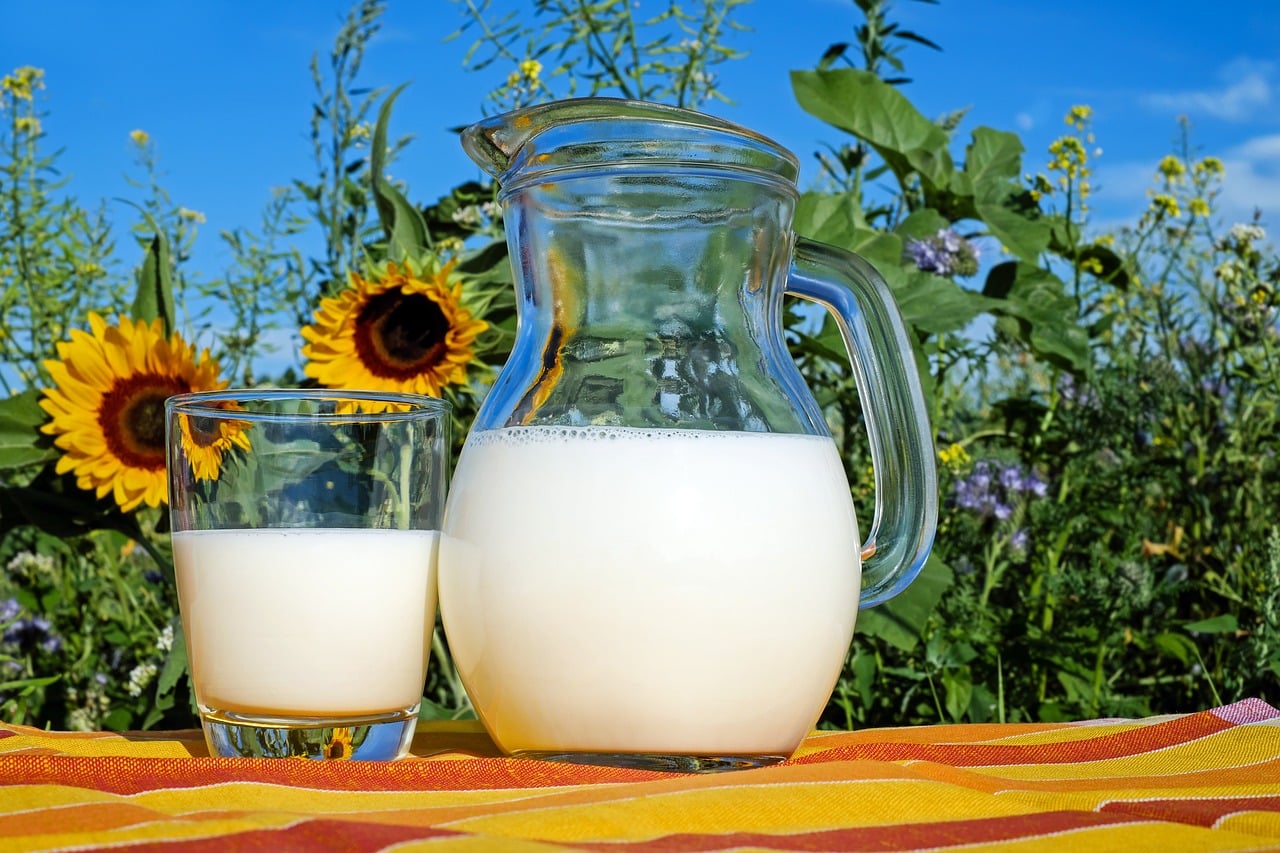 Shutterstock
Shutterstock
Many dogs are lactose intolerant, lacking the enzyme needed to properly digest dairy. Feeding your dog milk, cheese, or ice cream can lead to digestive issues such as diarrhea, gas, and bloating. While some dogs can tolerate small amounts of dairy, it’s best to avoid it altogether to prevent discomfort. Instead, opt for lactose-free treats or dog-specific products safe for canine consumption.
Raw Eggs
 Shutterstock
Shutterstock
Raw eggs pose a risk of salmonella or E. coli infection, which can affect both dogs and humans. Additionally, raw eggs contain an enzyme called avidin, which interferes with the absorption of biotin (a B vitamin) and can lead to skin and coat problems over time. While cooked eggs are a healthy source of protein for dogs, raw eggs should be avoided to reduce the risk of bacterial infections and nutritional deficiencies.
Yeast Dough
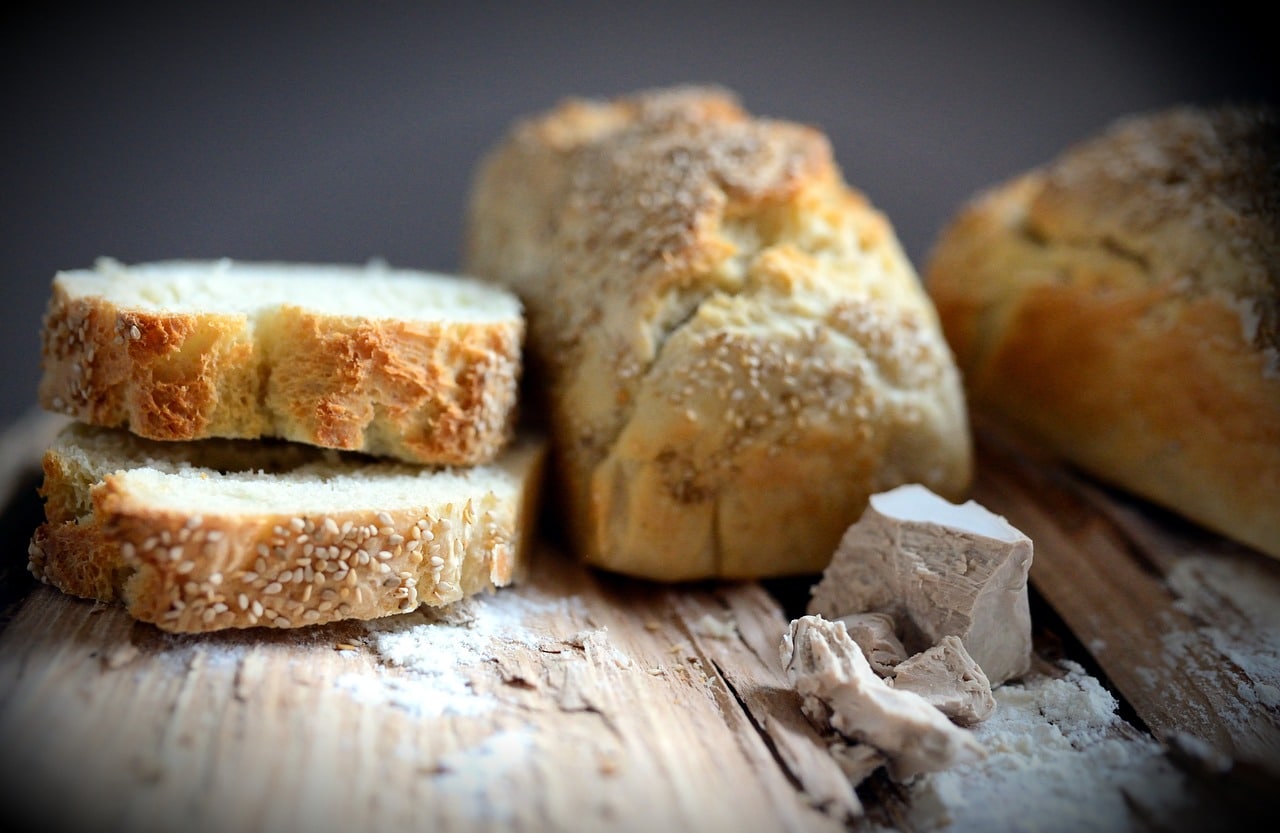 Shutterstock
Shutterstock
Uncooked yeast dough can be extremely dangerous for dogs. When ingested, the dough continues to rise in the dog’s stomach, which can cause painful bloating and gas. As the yeast ferments, it produces alcohol, which can lead to alcohol poisoning. Signs of yeast dough ingestion include bloating, vomiting, lethargy, and disorientation. To prevent these serious health risks, ensure your dog never has access to raw dough during baking or as scraps from the counter.
Salty Snacks
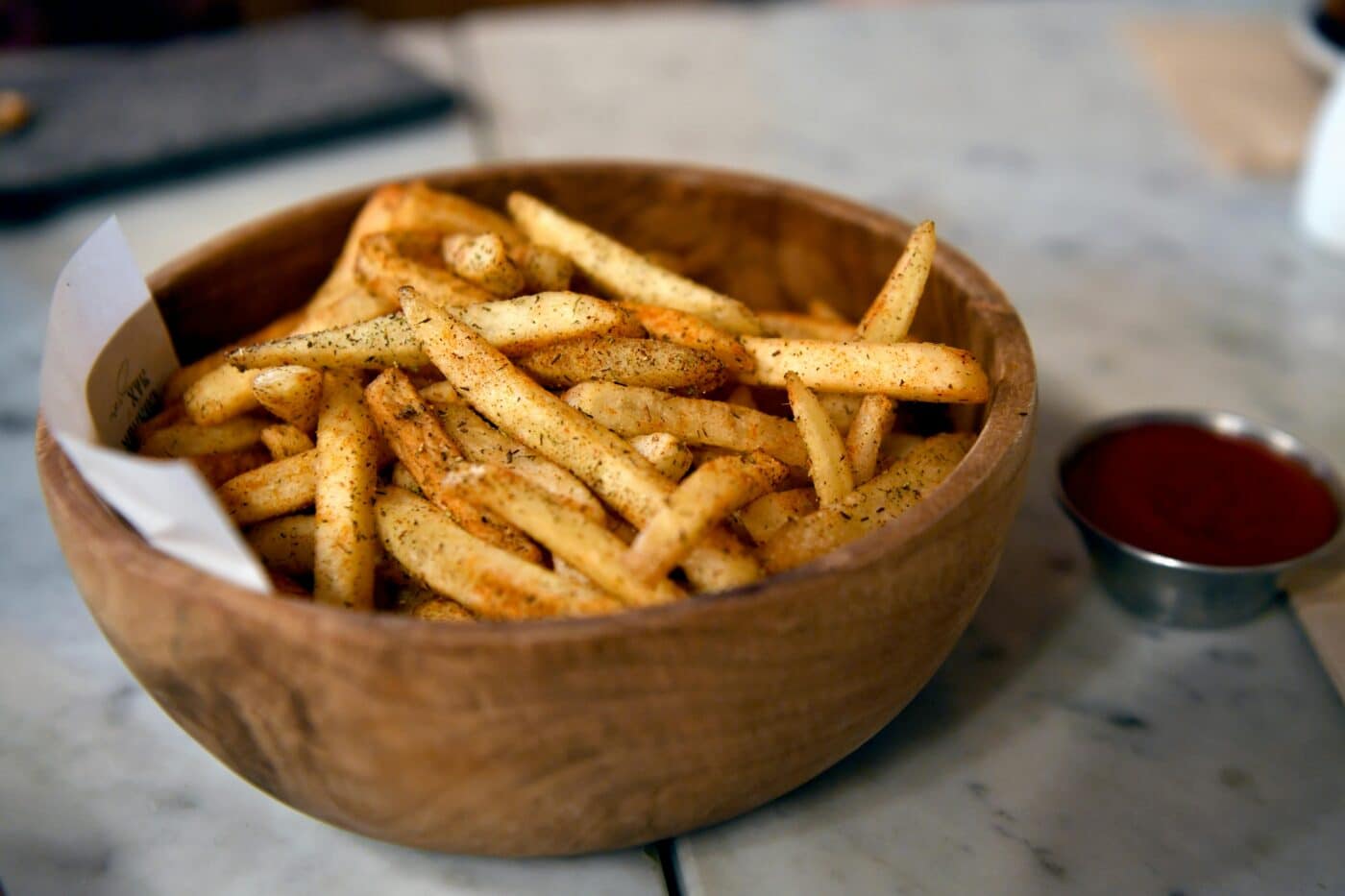 Shutterstock
Shutterstock
Foods high in salt, such as chips, pretzels, and salted nuts, can lead to excessive thirst and urination in dogs and sodium ion poisoning. Symptoms of salt toxicity include vomiting, diarrhea, tremors, and seizures. In severe cases, too much salt can be fatal. While it’s okay for dogs to have small amounts of salt in their diet, it’s best to avoid feeding them salty snacks for humans. Instead, offer them dog-friendly treats that are low in sodium.
Fatty Foods
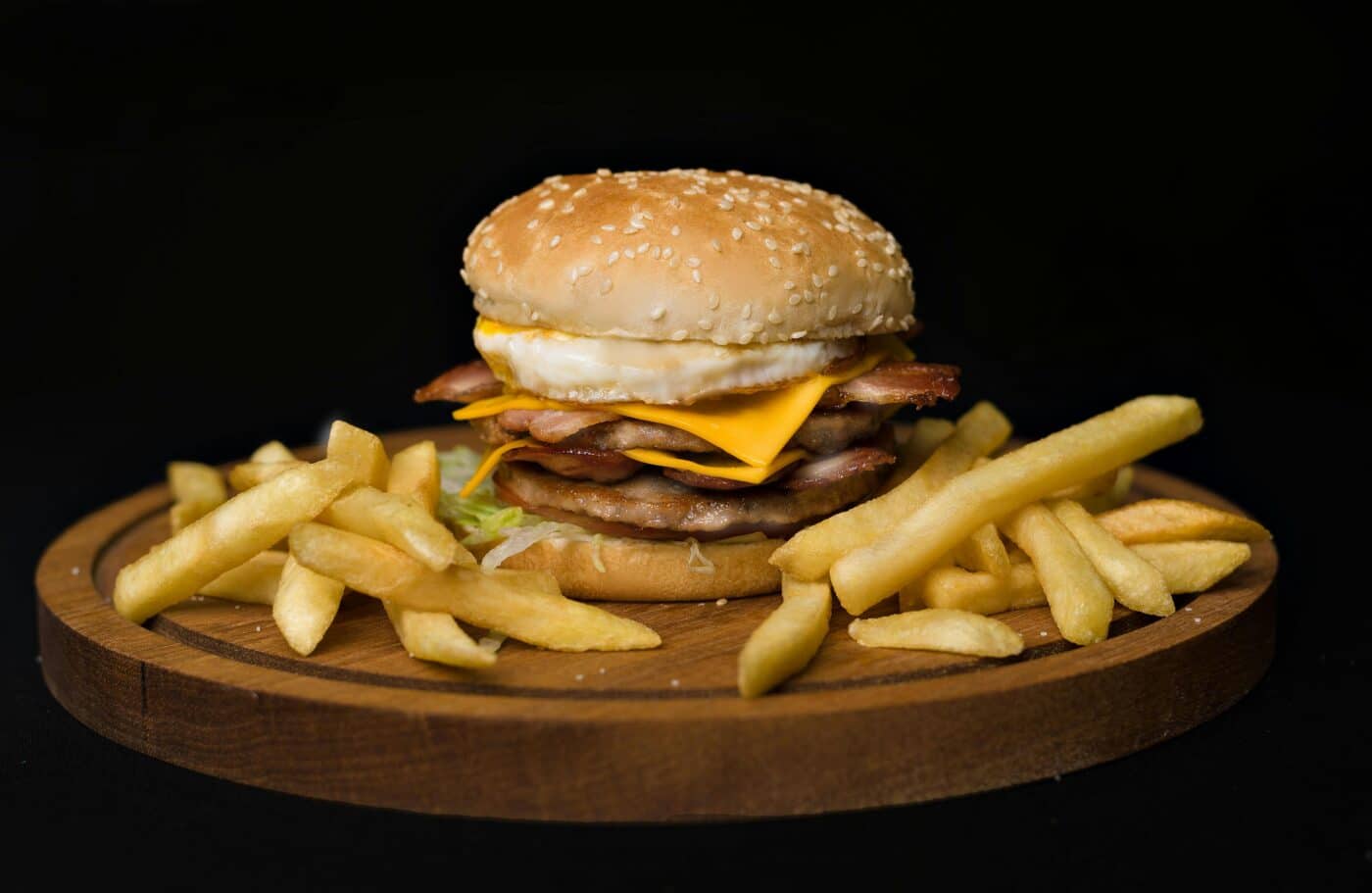 Shutterstock
Shutterstock
Fatty foods, such as bacon, sausage, and fried foods, can cause digestive upset in dogs and contribute to more serious health issues like pancreatitis. The pancreas becomes inflamed when it tries to digest large amounts of fat, leading to vomiting, diarrhea, and abdominal pain. Over time, feeding your dog fatty foods can also lead to obesity and related health problems. Limiting the amount of fat in your dog’s diet is important to prevent these serious health risks.
Mushrooms
 Shutterstock
Shutterstock
Certain types of wild mushrooms can be toxic to dogs, leading to symptoms like vomiting, diarrhea, tremors, and organ failure. While not all mushrooms are harmful, it’s difficult to distinguish between safe and toxic varieties. For this reason, it’s best to avoid feeding your dog any type of mushroom and prevent them from foraging while outside. If you suspect your dog has ingested wild mushrooms, it’s important to seek veterinary care immediately.
Protecting Your Dog from Harmful Foods
 Shutterstock
Shutterstock
While sharing snacks with your dog can be tempting, it’s crucial to understand the dangers many human foods pose. Knowing which foods are harmful or toxic can prevent accidental ingestion and protect your dog’s health. Always stick to a balanced diet tailored to your dog’s nutritional needs, and consult your veterinarian before introducing new foods. Keeping harmful items out of reach is essential to ensure your dog remains happy, healthy, and safe from potential risks. Proper care and caution go a long way in supporting your dog’s well-being.
 Toledo, United States.
Toledo, United States.